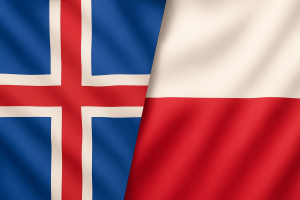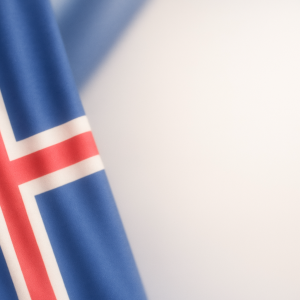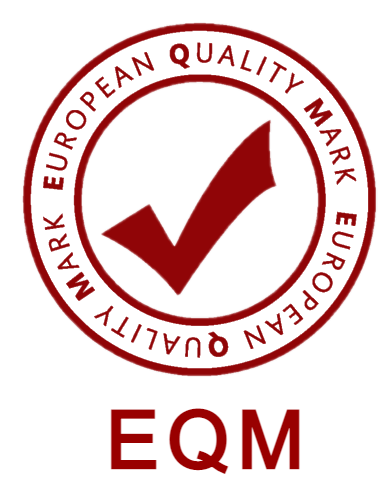Icelandic A1

ICELANDIC A1.1

Stationary/online
Length: 60 teaching hours (60×40 min)
Price: 55.000kr
Duration: 5 January – 11 March 2026
When: Mondays and Wednesdays 17:30-19:30
- Assessment for obtaining a certificate:
It is necessary to complete 80% attendance and actively participate in classes to receive a graduation certificate. At the end of the course, there will be a short review of the course material.
- For whom:
For those who are beginning to learn Icelandic from scratch and want to acquire basic communication skills for simple everyday situations.
- Objectives:
The goal is to gain basic skills in understanding and speaking – to be able to introduce oneself, ask simple questions, and respond in everyday situations.
- The course will cover the following topics:
• the alphabet and pronunciation,
• introductions, country of origin, language,
• simple questions and answers,
• basic verbs and sentence structures.
- Additional information:
Audio recordings, short conversations, language games (e.g. Kahoot, board games) are used. Homework and exercises in pairs or groups are used as support.
ICELANDIC A1.1 DAYTIME COURSE

Stationary/online
Length: 60 teaching hours (60×40 min)
Price: 55.000kr
Duration: 26 January – 1 April 2026
When: Mondays and Wednesdays 10:00-12:00
- Assessment for obtaining a certificate:
It is necessary to complete 80% attendance and actively participate in classes to receive a graduation certificate. At the end of the course, there will be a short review of the course material.
- For whom:
For those who are beginning to learn Icelandic from scratch and want to acquire basic communication skills for simple everyday situations.
- Objectives:
The goal is to gain basic skills in understanding and speaking – to be able to introduce oneself, ask simple questions, and respond in everyday situations.
- The course will cover the following topics:
• the alphabet and pronunciation,
• introductions, country of origin, language,
• simple questions and answers,
• basic verbs and sentence structures.
- Additional information:
Audio recordings, short conversations, language games (e.g. Kahoot, board games) are used. Homework and exercises in pairs or groups are used as support.
ICELANDIC A1.2

Stationary/online
Length: 60 teaching hours (60×40 min)
Price: 55.000kr
Duration: 5 January – 11 March 2026
When: Mondays and Wednesdays 17:30-19:30
- Assessment for obtaining a certificate:
It is necessary to complete 80% attendance and actively participate in classes to receive a graduation certificate. At the end of the course, there will be a short review of the course material.
- For whom:
The course is a continuation of level A1.1 and is also suitable for those who already have a basic knowledge of Icelandic. Vocabulary is expanded so that participants can use simple sentences related to everyday life. The topics cover vocabulary connected to daily activities. Emphasis is placed on speaking, listening, reading, and writing, with a focus on everyday language and a variety of teaching methods. Grammar knowledge is also further developed in connection with the course material.
- Objectives:
The aim is to use the language more confidently in simple conversations – to understand short texts and expressions used in everyday situations.
- The course will cover the following topics:
• name, address,
• general polite expressions,
• numbers, age, time, telling the time,
• present, future and past tenses,
• names of days and months,
• shopping, prices,
• arriving in Iceland,
• adjectives and grammatical gender.
- Additional information:
Audio recordings, short conversations, language games (e.g. Kahoot, board games) are used. Homework and exercises in pairs or groups are used as support.
ICELANDIC A1.2

Stationary
Length: 60 teaching hours (60×40 min)
Price: 55.000kr
Duration: 6 January – 12 March 2026
When: Tuesdays and Thursdays 17:30-19:30
- Assessment for obtaining a certificate:
It is necessary to complete 80% attendance and actively participate in classes to receive a graduation certificate. At the end of the course, there will be a short review of the course material.
- For whom:
The course is a continuation of level A1.1 and is also suitable for those who already have a basic knowledge of Icelandic. Vocabulary is expanded so that participants can use simple sentences related to everyday life. The topics cover vocabulary connected to daily activities. Emphasis is placed on speaking, listening, reading, and writing, with a focus on everyday language and a variety of teaching methods. Grammar knowledge is also further developed in connection with the course material.
- Objectives:
The aim is to use the language more confidently in simple conversations – to understand short texts and expressions used in everyday situations.
- The course will cover the following topics:
• name, address,
• general polite expressions,
• numbers, age, time, telling the time,
• present, future and past tenses,
• names of days and months,
• shopping, prices,
• arriving in Iceland,
• adjectives and grammatical gender.
- Additional information:
Audio recordings, short conversations, language games (e.g. Kahoot, board games) are used. Homework and exercises in pairs or groups are used as support.


